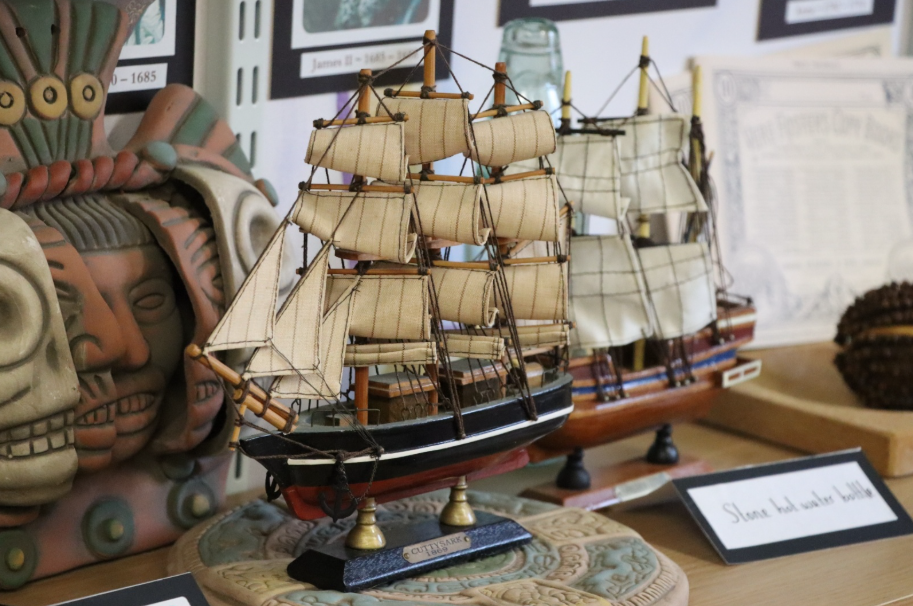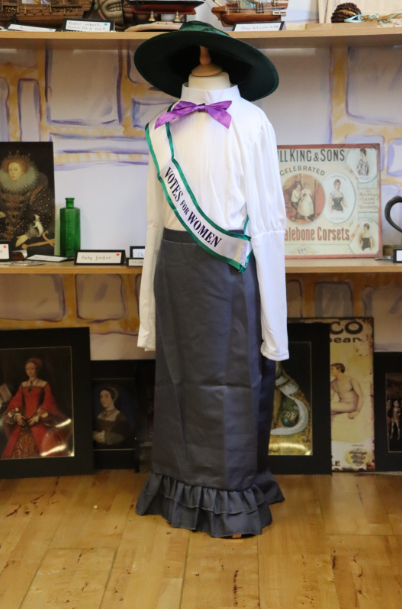History
Welcome to the History curriculum at Blowers Green Primary School, where we bring the past to life through exciting stories, key events, and inspiring individuals. Our carefully designed lessons help children develop curiosity, critical thinking, and a deep understanding of how history shapes the world around us. From ancient civilizations to modern times, we empower pupils to explore the past and connect it to their lives today.
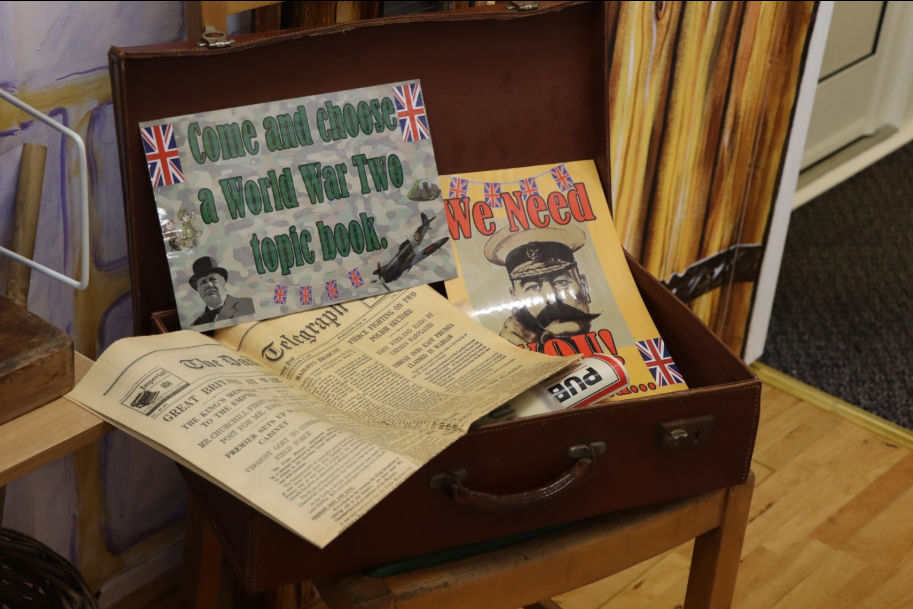
Intent - What does the History curriculum intend to do?
Our history lessons are designed to help children develop a deep and exciting understanding of the past. Rather than simply memorising facts, they will explore how events, people, and key concepts such as agriculture, invasion and monarchy are interconnected.
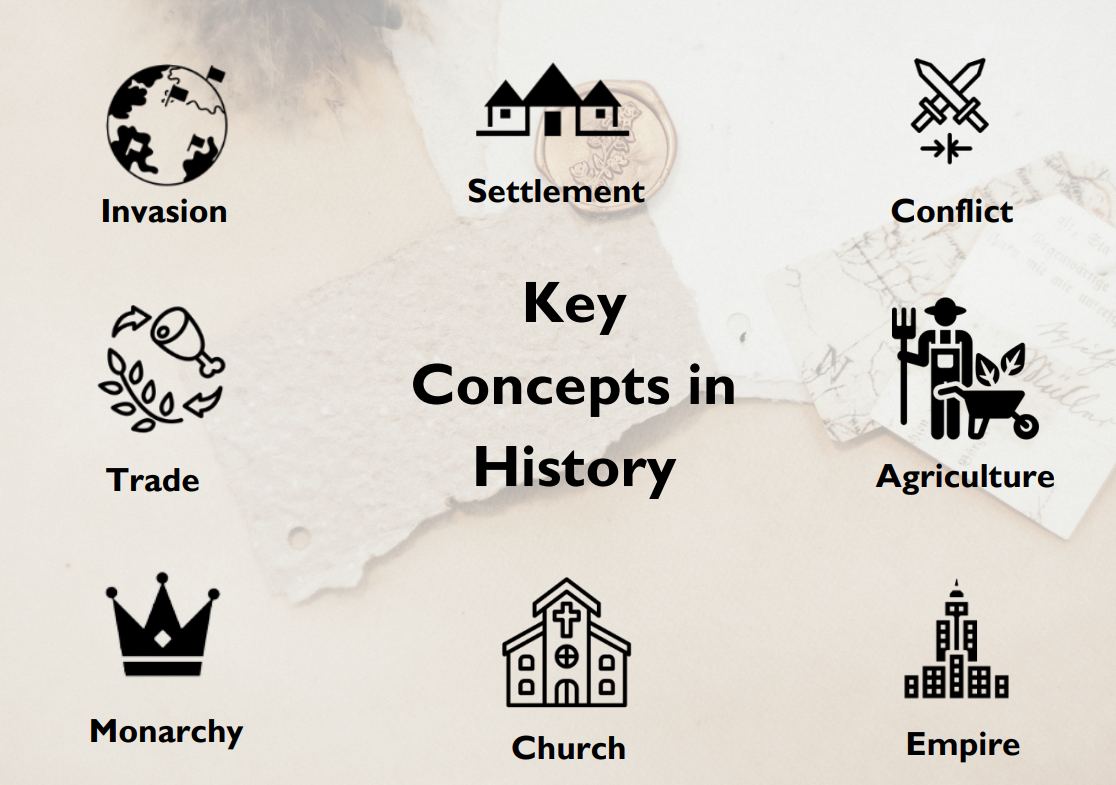
Learning is carefully sequenced so that each topic builds on prior knowledge, ensuring a strong foundation for future learning beyond the primary phase.
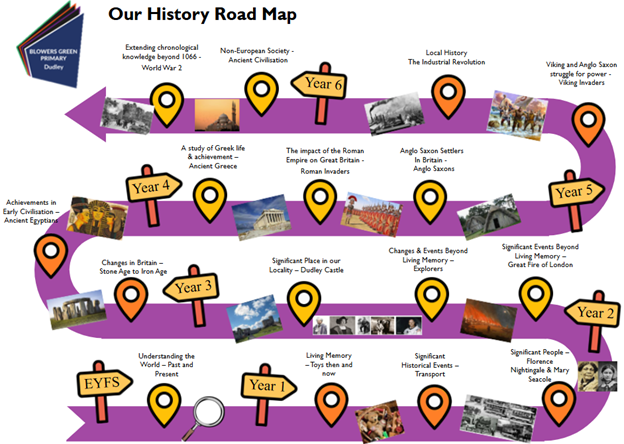
A key focus of our curriculum is substantive knowledge, which is crucial for the long-term retention of historical understanding. Children will revisit and reinforce key information over time through a variety of engaging activities. They will also investigate artefacts, analysing historical evidence to understand how historians study the past and form their interpretations. The curriculum introduces significant events and individuals, such as the Battle of Britain and Boudicca, highlighting their impact on history. Through these turning points, children develop critical thinking skills, asking questions and forming their own perspectives.
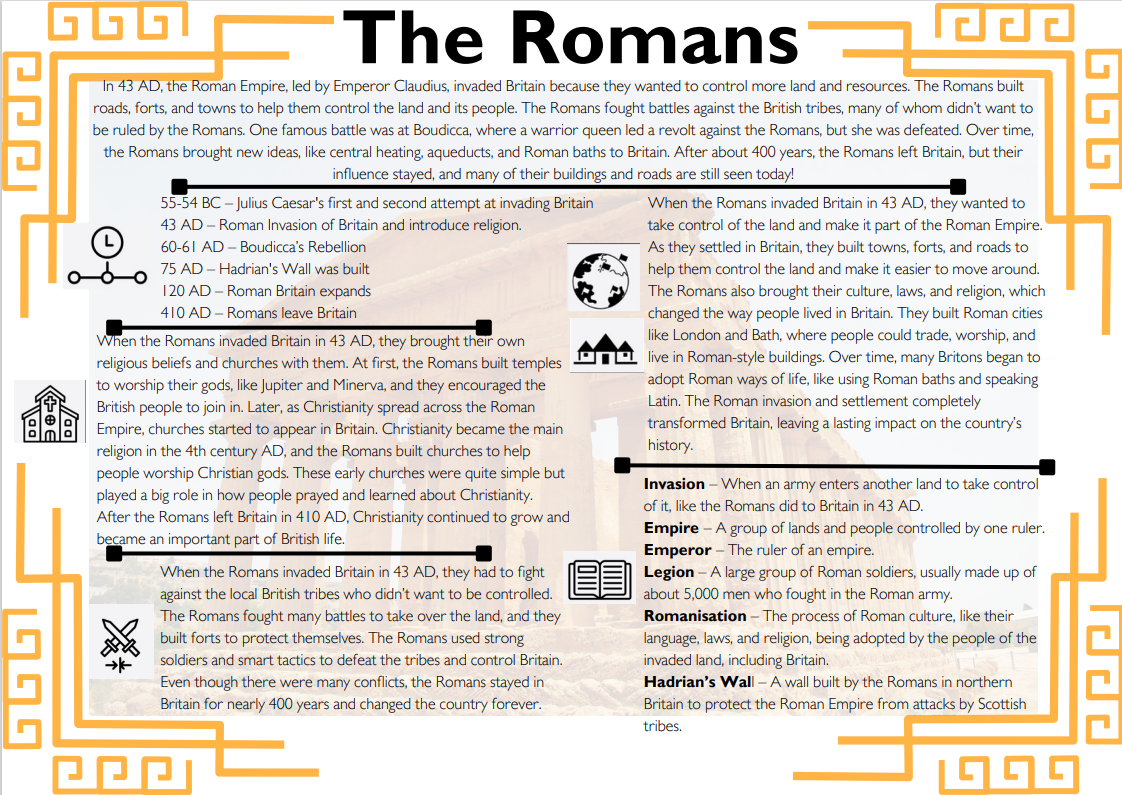
Most importantly, our approach fosters a love for history. The stories of the past not only captivate and inspire but also help us interpret and understand today’s society and the wider world.
Implementation – How is the History curriculum implemented?
At Blowers Green, the history curriculum is implemented through an engaging and structured approach that encourages pupils to explore the past and its connections to the present.
We focus on developing critical thinking skills by enabling children to ask questions, analyse sources, and understand different historical perspectives. Using our key concepts – settlement, invasion, agriculture, empire, church, conflict, trade and monarchy - the curriculum is designed to be progressive, with each topic building on previous knowledge, allowing children to make meaningful connections across time periods and societies.
All classes (Years 1-6) have a history lesson scheduled fortnightly. Through a variety of teaching methods, including interactive lessons, storytelling, historical research, and the use of primary and secondary sources, including visits to our on-site museum, children gain a rich understanding of significant events, people, and cultures.
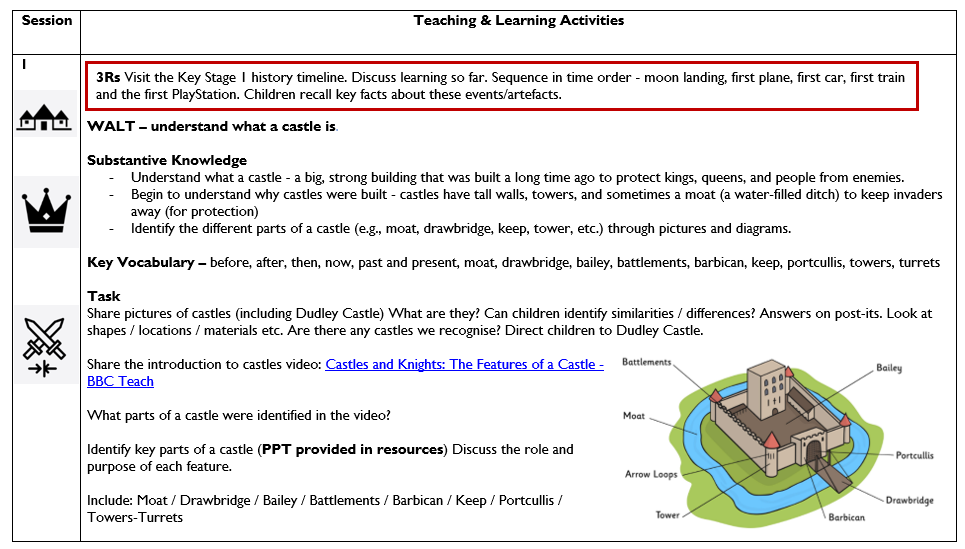
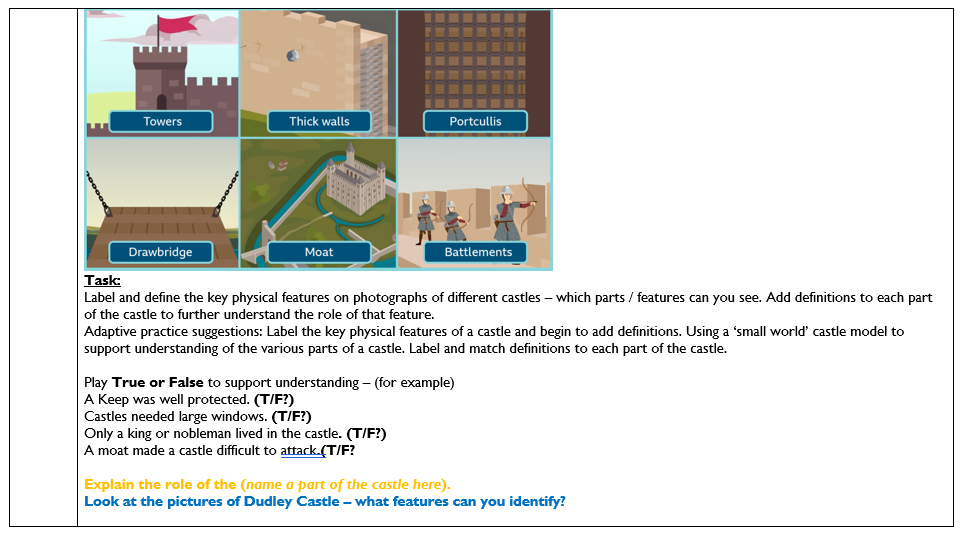
Our aim is not only to teach historical facts but also to inspire curiosity about the past and its impact on the world today. At Blowers Green, we emphasise the development of skills such as chronological understanding, interpretation of historical evidence, and the ability to form reasoned judgments, ensuring that pupils are not only knowledgeable but also confident in their ability to think critically about history. The nature of our history curriculum ensures that our children are equipped to ‘know more and remember more’, developing their expanding schema, deepening their understanding and enabling them to think critically about the past.
Impact – What progress will children make?
Our history curriculum is well-sequenced and planned to demonstrate progression. Children are engaged and enthused about learning about the past, and gain not only knowledge, but the skills they require to think like a historian to prepare them for future learning. Children make progress when there is a change in long term memory and when content is taught in small, manageable steps, this reduces cognitive load. Our history units are sequenced, so prior knowledge, skills and concepts are built upon from previous year groups and units lead to improved skills and increased knowledge.
At Blowers Green, we see assessment as learning in that assessment is a conversational routine that enables pupils to reflect on their progress and use feedback to enhance their understanding of the past. Individual progress is continually assessed in a variety of ways using cumulative quizzing, book looks, discussion around key concepts and higher order thinking questions. Retrieval practice is used as a learning tool, not just an assessment tool, to keep the subject ‘warm’. Opportunities within each lesson are created for pupils to show what they know and make links between their historical knowledge.
At Blowers Green, the impact of our history curriculum is evident through the progress children make in both their historical knowledge and critical thinking skills. By the time pupils leave our school, they will have developed a strong understanding of key historical periods, events, and figures, with the ability to make connections between the past and present. Through a structured and engaging curriculum, children will have built a clear chronological framework, allowing them to see how historical events interconnect and influence one another over time.
Aims of the History Curriculum
The national curriculum for history aims to ensure that all pupils:
-
Know and understand the history of these islands as a coherent, chronological narrative, from the earliest times to the present day: how people’s lives have shaped this nation and how Britain has influenced and been influenced by the wider world.
-
Know and understand significant aspects of the history of the wider world: the nature of ancient civilisations; the expansion and dissolution of empires; characteristic features of past non-European societies; the achievements and follies of mankind.
-
Gain and deploy a historically grounded understanding of abstract terms such as ‘empire’, ‘civilisation’, ‘parliament’ and ‘peasantry’.
-
Understand historical concepts such as continuity and change, cause and consequence, similarity, difference and significance, and use them to make connections, draw contrasts, analyse trends, frame historically-valid questions and create their own structured accounts, including written narratives and analyses.
-
Understand the methods of historical enquiry, including how evidence is used rigorously to make historical claims, and discern how and why contrasting arguments and interpretations of the past have been constructed.
-
Gain historical perspective by placing their growing knowledge into different contexts, understanding the connections between local, regional, national and international history; between cultural, economic, military, political, religious and social history; and between short- and long-term timescales.
